The Best Books I Read in 1991
Discover the best books I read in 1991—a curated list of top reads from the year, featuring must-read titles and hidden gems for book lovers.
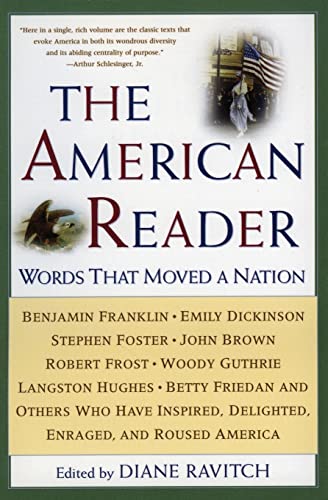
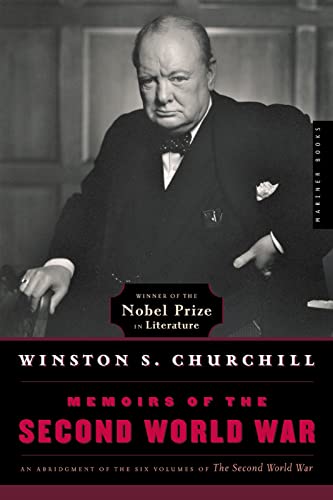

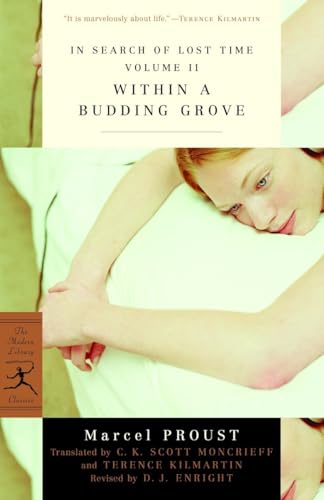
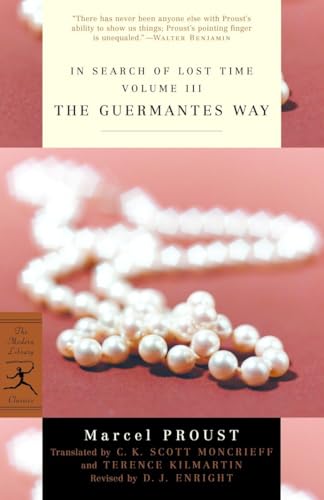

Book
Citizens
by Simon Schama
In this New York Times bestseller, award-winning author Simon Schama presents an ebullient country, vital and inventive, infatuated with novelty and technology--a strikingly fresh view of Louis XVI's France. One of the great landmarks of modern history publishing, Citizens: A Chronicle of the French Revolution is the most authoritative social, cultural, and narrative history of the French Revolution ever produced.

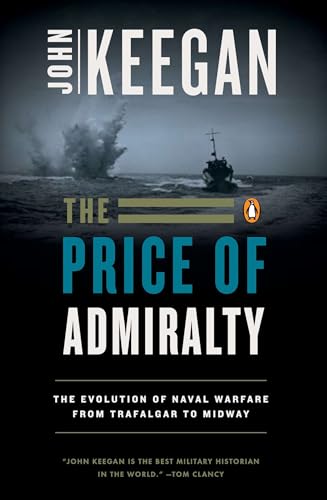

Book
Go Down, Moses
by William Faulkner
“I believe that man will not merely endure: he will prevail. He is immortal, not because he alone among creatures has an inexhaustible voice, but because he has a soul, a spirit capable of compassion and sacrifice and endurance.” —William Faulkner, on receiving the Nobel Prize Go Down, Moses is composed of seven interrelated stories, all of them set in Faulkner’s mythic Yoknapatawpha County. From a variety of perspectives, Faulkner examines the complex, changing relationships between blacks and whites, between man and nature, weaving a cohesive novel rich in implication and insight.
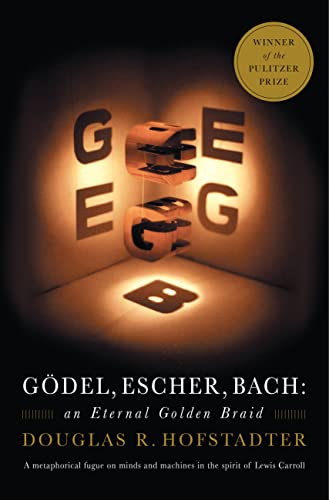
Book
Godel, Escher, Bach
by Douglas R. Hofstadter
Winner of the Pulitzer Prize A metaphorical fugue on minds and machines in the spirit of Lewis Carroll Douglas Hofstadter's book is concerned directly with the nature of "maps" or links between formal systems. However, according to Hofstadter, the formal system that underlies all mental activity transcends the system that supports it. If life can grow out of the formal chemical substrate of the cell, if consciousness can emerge out of a formal system of firing neurons, then so too will computers attain human intelligence. Gödel, Escher, Bach is a wonderful exploration of fascinating ideas at the heart of cognitive science: meaning, reduction, recursion, and much more.